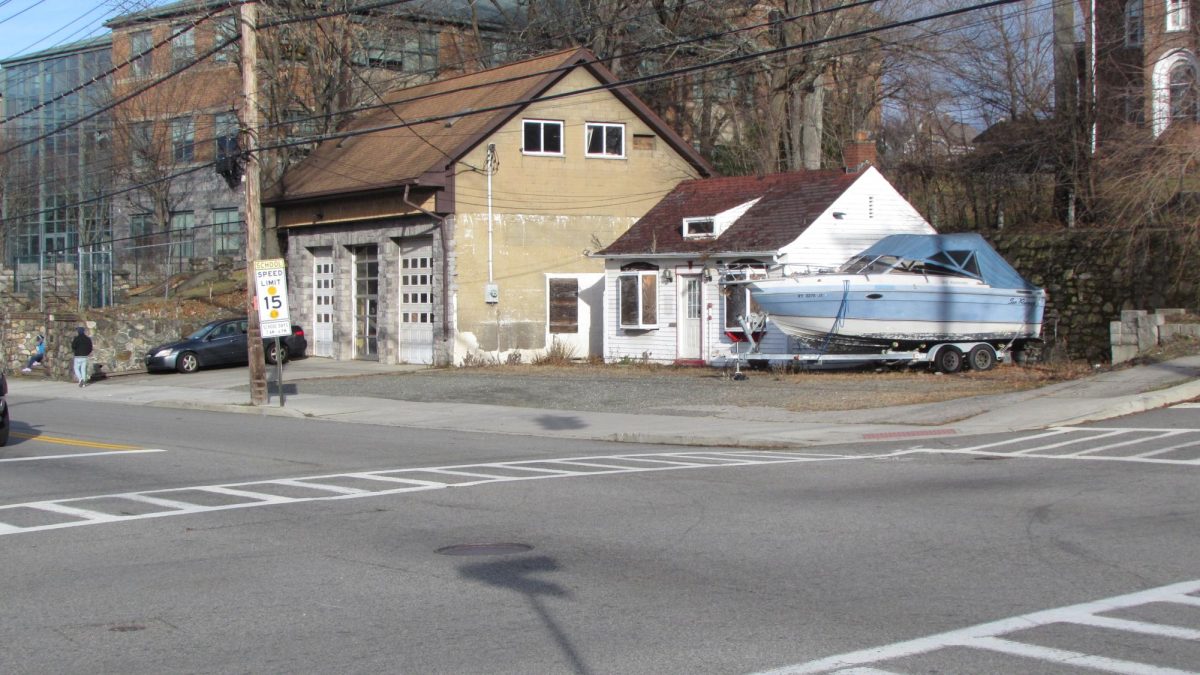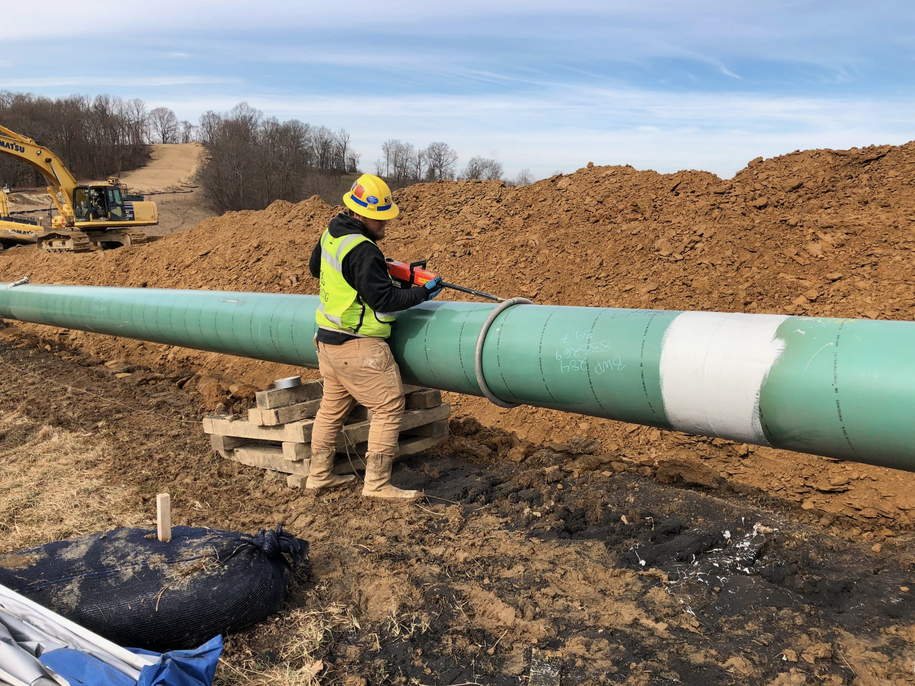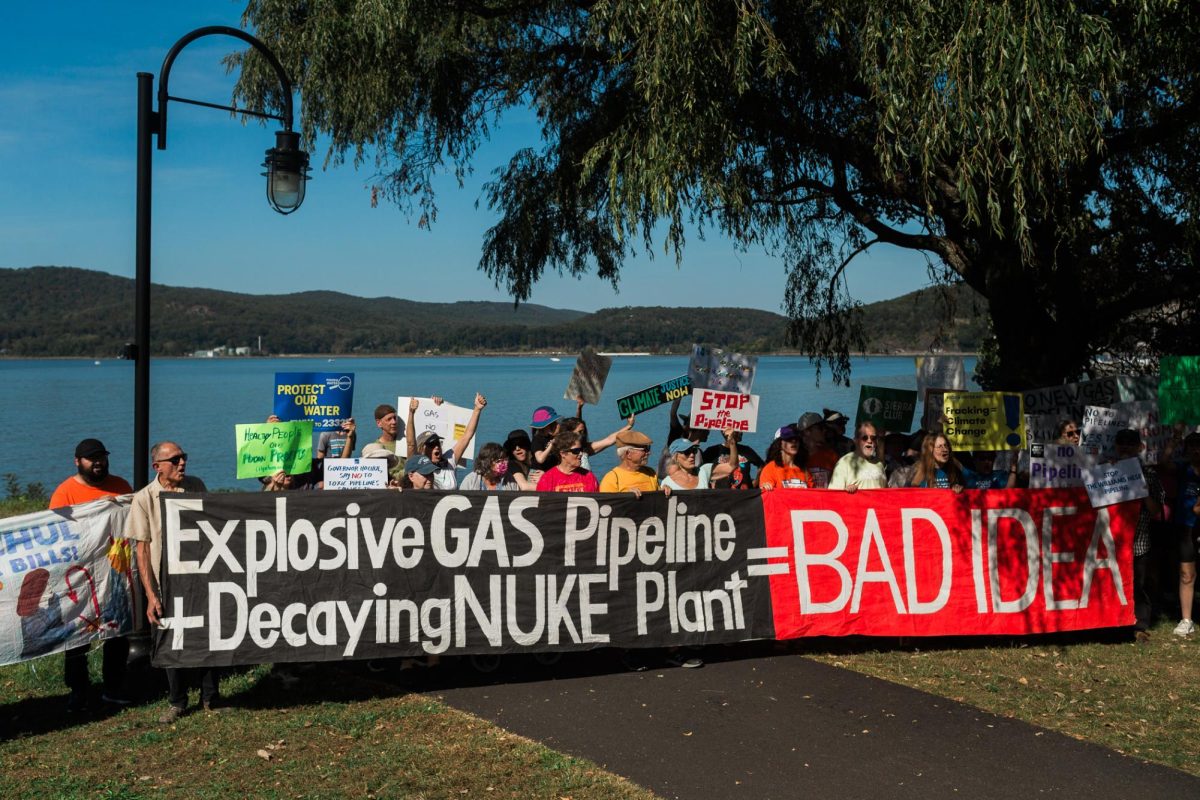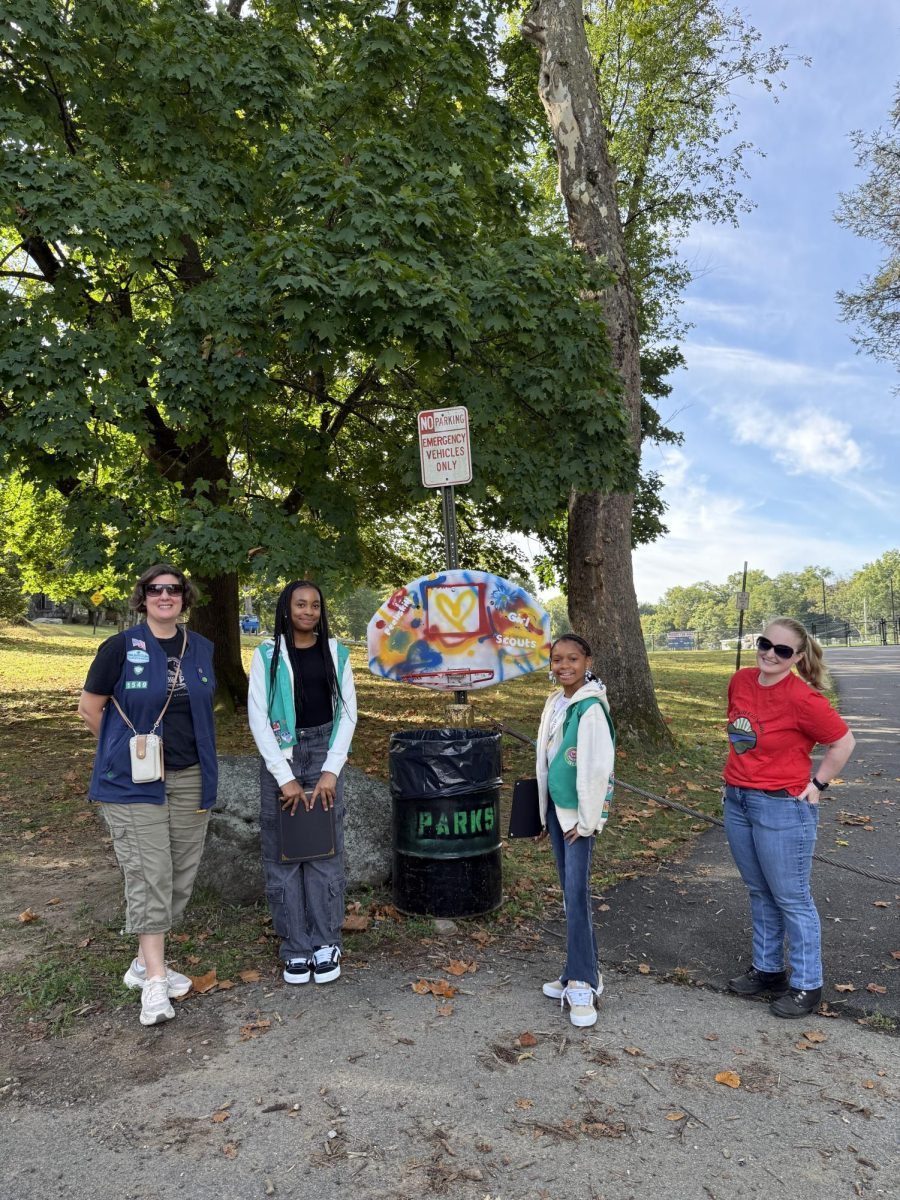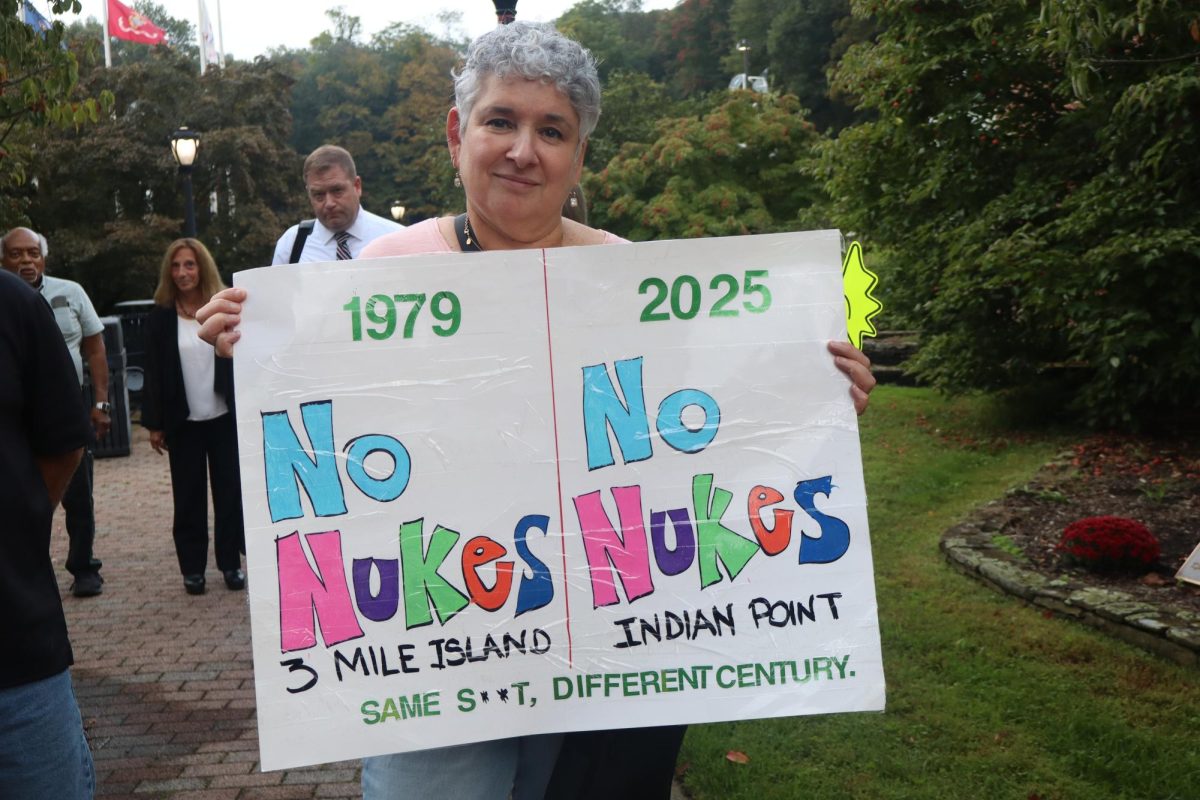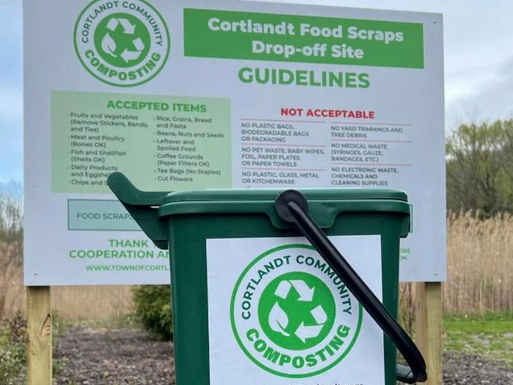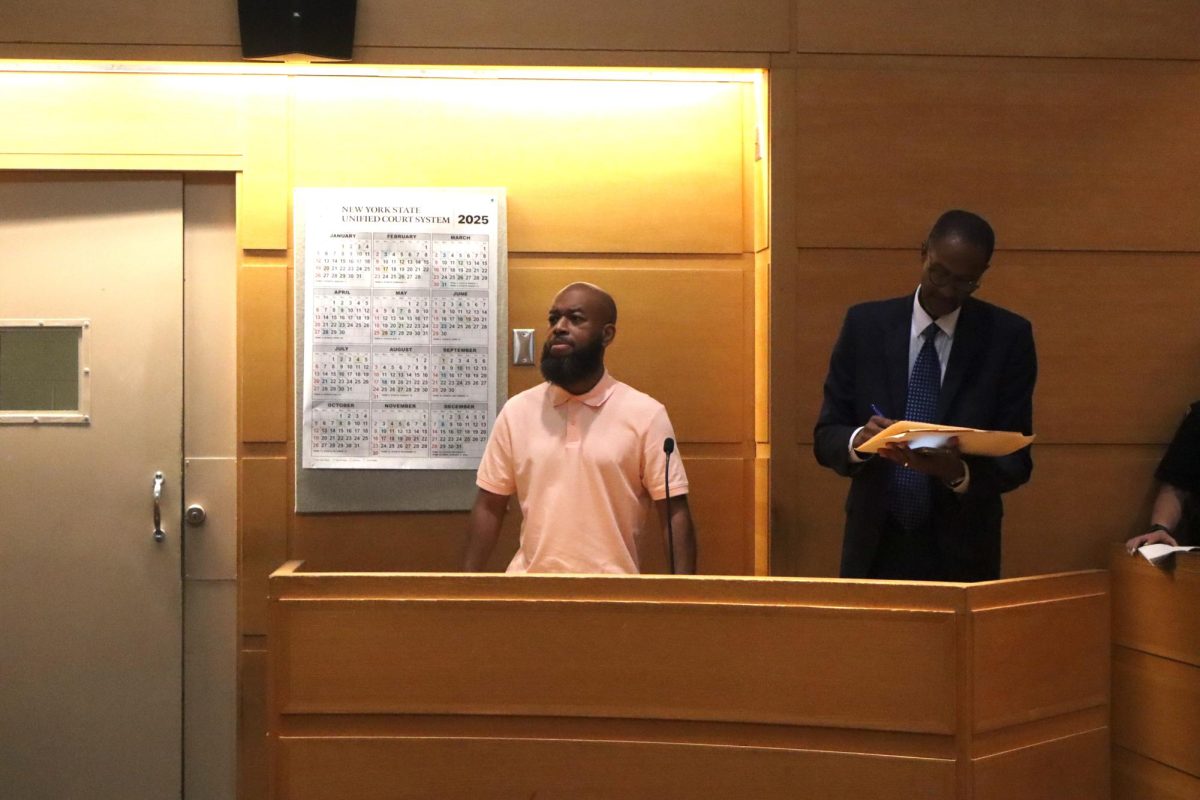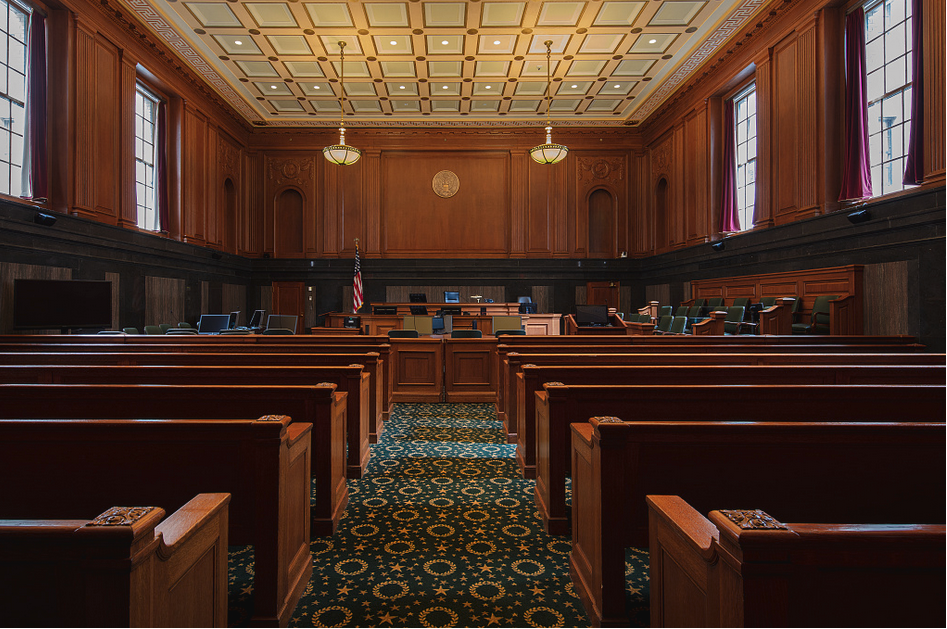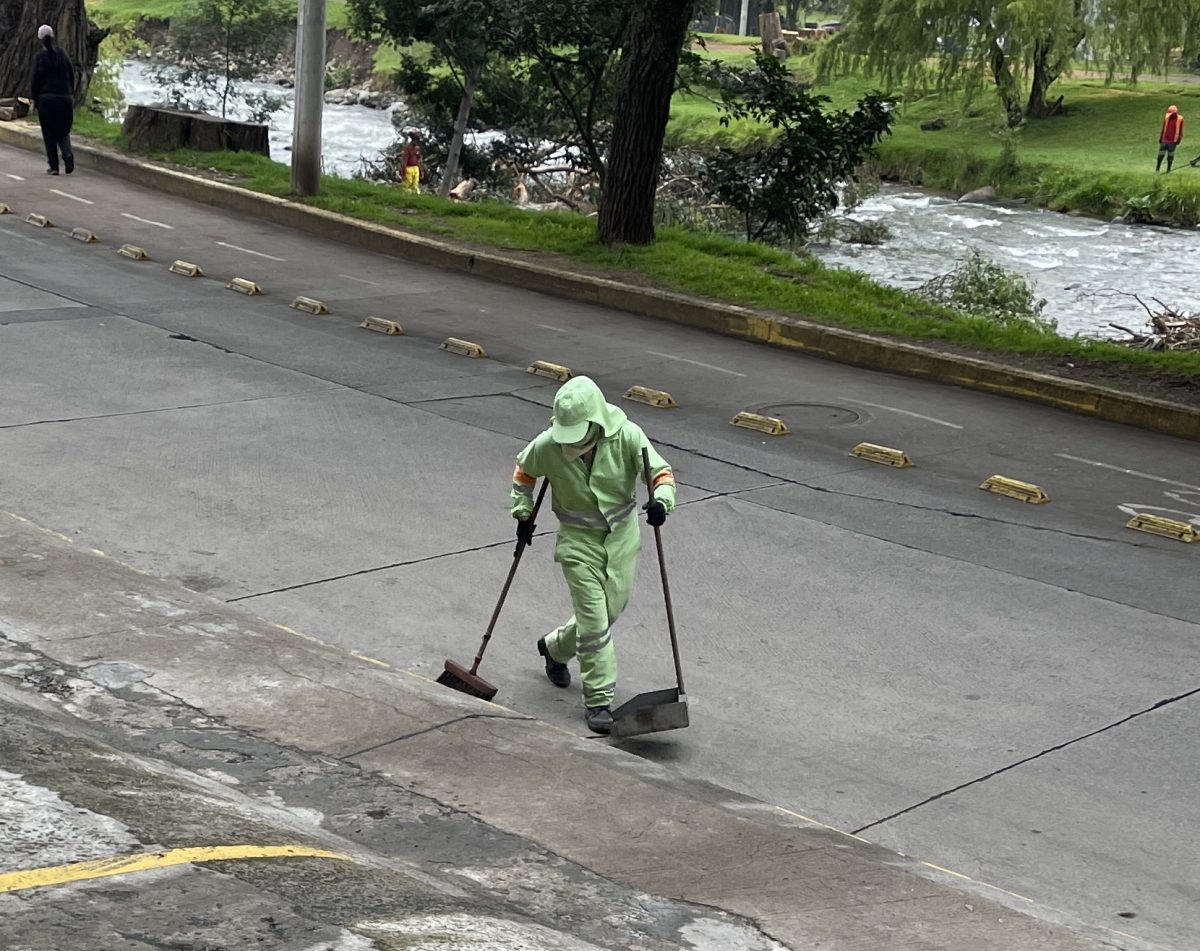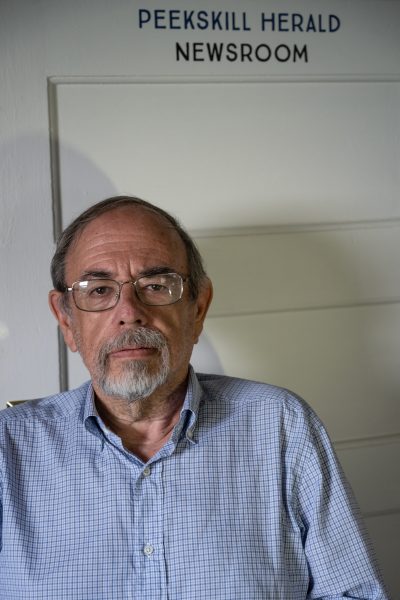If someone buys the property at 231 Washington St. in the city’s tax foreclosure sale next year, they can sleep peacefully knowing the site is free of contaminated soil.
That comfort, however, could be upset if the state of New York demands that buyer settles an outstanding $338,821.93 cleanup bill already paid for by the state.
The property, the long-time site of a gas station and auto mechanic shop, has been empty for years. The city of Peekskill is in the process of foreclosing on an unpaid property tax bill of more than $180,000.
If the total cost to buy the property climbs over $500,000 to resolve those two debts, the outlook for getting a new business at the site and back on the tax rolls is highly questionable.
Digging a debt hole
Known for years as Hatch’s Garage at the intersection of Washington Street and Hudson Avenue, the property was purchased by Central Hudson Realty Inc. in November 1999 for $250,000. According to land records in the county clerk’s office, Dartrey Thomas is the president of Central Hudson Realty.
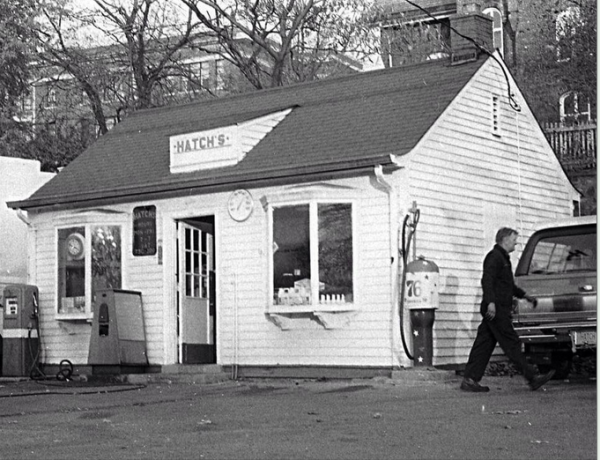
Thomas’ company Automotive Technical Services operated an automotive service station including a service garage and customer waiting building until closing in 2017. The site had been used as a service garage and gasoline station since the 1920s according to state documents, operating for many years as Hatch’s Garage.
In September 2020, after February 2018 reports of potential soil contamination caused by gasoline discharged from a petroleum storage system, the state Department of Environmental Conservation (DEC) hired a contractor to remove an underground and an above ground storage tank.
When a subsurface investigation revealed contaminated soil, the state ordered a cleanup. Winter storms delayed the excavation start date until March 2021and concluded in April 2021.
According to copies of emails provided to the Herald by the DEC, Thomas had agreed to remove the tanks three years earlier, but he never did.
“I understand that a property transaction has been ongoing at this location but that does not preclude the fact that you entered into a Stipulation Agreement, on June 15, 2018, in which you agreed to remove Tanks 1a, 1b, and 4 by July 15, 2018.” a DEC email to Thomas reads. “Three months will have passed without any action at the site. I would prefer to not move this forward through enforcement and penalties but without action on your end I will have no choice.”
The emails show that Thomas had been telling state officials over several months that he was attempting to conclude a sale of the property to a new buyer. That sale never happened, and after waiting for several years to have Thomas remove the tanks, DEC went ahead and hired a contractor to do the work.
Now the state wants someone to reimburse them for the cost of the cleanup.
State law requires that responsible parties are legally obligated to pay for cleanups. Where the responsible party is unknown or unable to pay for a cleanup that DEC considers necessary to protect public health or the environment, DEC generally finances the cleanup through the New York Environmental Protection and Spill Compensation Fund or the Leaking Underground Storage Tank Fund.
In such cases, the state pursues measures to recover costs from the responsible party, as well as interest and penalties.
Chasing anyone they can find
On Aug. 19 of this year the state Attorney General’s office sent out an “Initial Demand” letter to pay the $338,821.93 cleanup costs.
“If full payment of the amount is not received by Sept. 19, 2024 the Attorney General will take such action as is appropriate, which may include the commencement of a civil action against you,” the letter reads.
“As of August 19, 2024 the interest [on the debt] totals $96,838.75 and continues to accrue at the statutory rate of nine percent as long as payment is outstanding.”
The money the state used to pay for the 2021 cleanup came from the New York Environmental Protection and Spill Compensation Fund. The August letter came from the Attorney General’s Division of State Counsel Civil Recoveries Bureau.
A person who received the letter told the Herald they had no ownership interest in the property at the time of the spill investigation and subsequent cleanup. After contacting the AG’s office, this person was told not to be concerned about the letter.
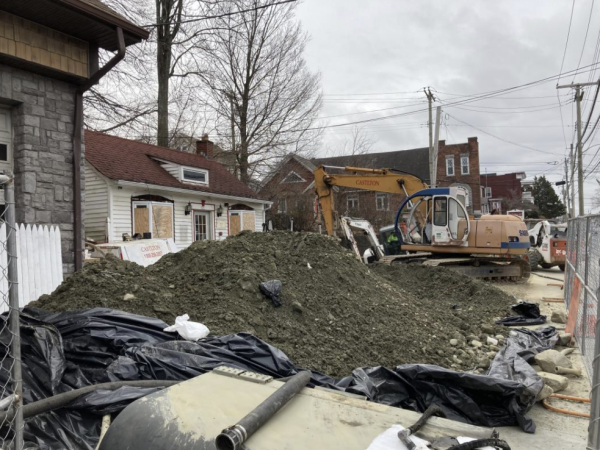
The letter lists the “Dischargers” as Thomas’ two companies, Automotive Technical Services Inc. and Central Hudson Realty Inc., Thomas, and three other people. The others appeared to be people who were involved in past mortgages on the property that were paid off. Thomas did not respond to an email from the Herald.
Asked if a lien would be place on the property to collect the cleanup costs, a spokesperson for the Attorney General’s office said that would depend on conversations between the AG’s office and the DEC. A DEC spokesperson said they could not comment because the matter is in litigation.
Officials from the city of Peekskill did not respond to a request for comment from the Herald.
Today, random cars and occasionally a boat are parked at 231 Washington St. Whether a buyer will emerge for the abandoned site, one of many scattered around Peekskill, will depend on the cost. If it’s too high, another land parcel will most likely remain vacant and off the city’s property tax rolls.




